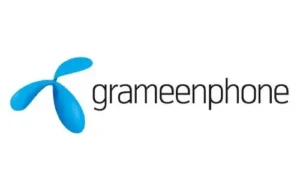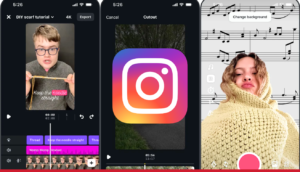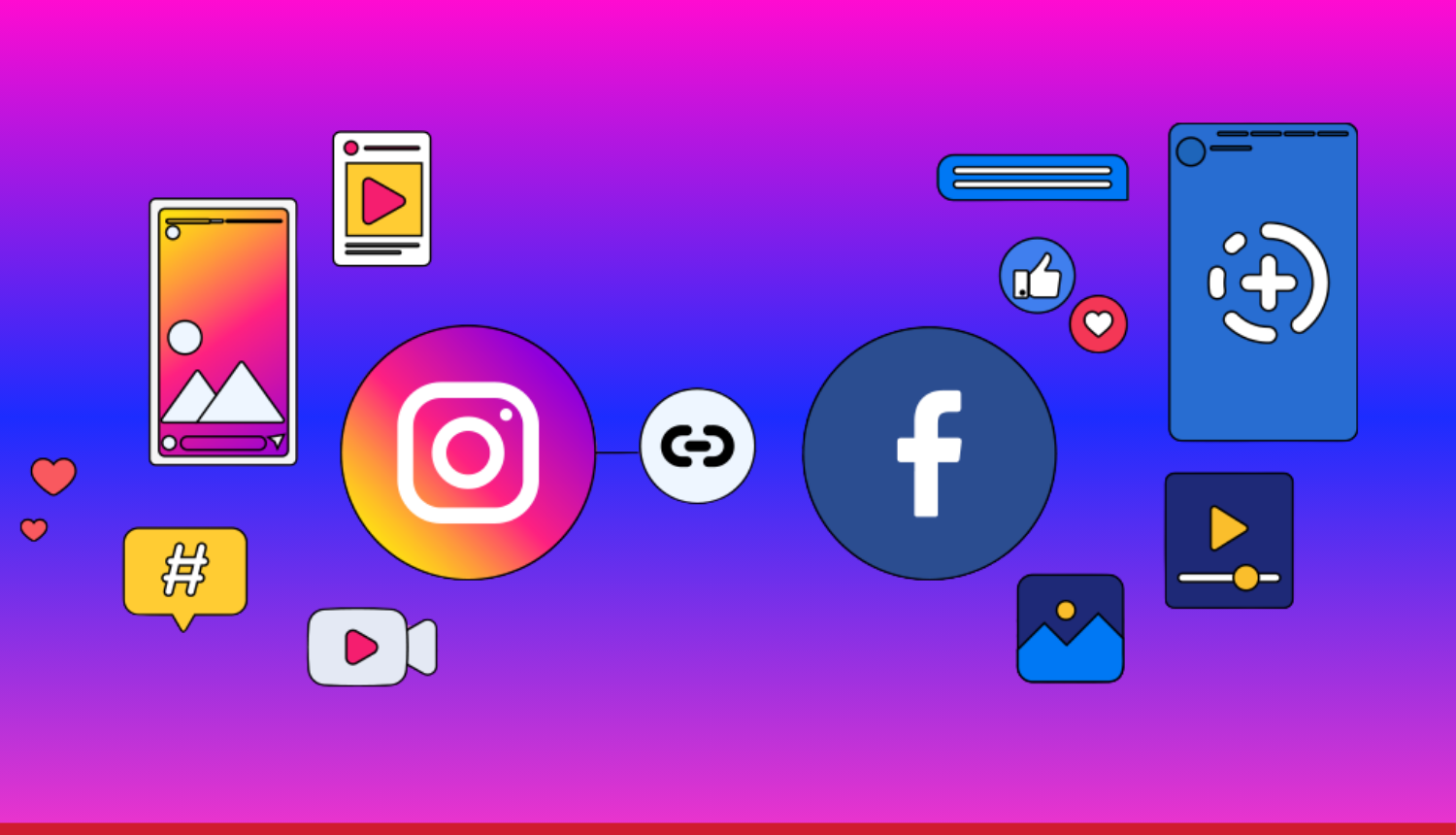In the ongoing antitrust lawsuit brought by the Federal Trade Commission (FTC) against Meta, CEO Mark Zuckerberg has been testifying in federal court regarding the company’s acquisitions of Instagram and WhatsApp. While much of the case revisits well-known territory – such as Meta’s attempt to purchase Snapchat in both 2013 and 2016, and the company’s strategic move to acquire Instagram to broaden its reach – Zuckerberg’s testimony has also revealed new insights into the evolving landscape of social media usage. Among the most notable disclosures was Zuckerberg’s admission that the time users spend on Facebook and Instagram has significantly declined reportedly. He pointed out that user engagement on these platforms has dropped, with more people now opting to interact via messaging apps rather than public social media feeds – a trend that has been building over recent years.
This marks a rare public acknowledgment from Meta. The company previously highlighted average user engagement across Facebook, Instagram, and Messenger—reporting 50+ minutes per day back in 2016 – but has remained largely silent on updated figures in recent years. This lack of transparency has fueled speculation that user time spent on these platforms has plateaued or even decreased.
Read more: Meta Unveils Key Strategies For Brands To Better Engage Gen Z Through Social Media
Supporting this shift, a 2024 report by Guggenheim Partners, using Apptopia data, revealed that U.S. users now spend an average of 108 minutes daily on TikTok. In comparison, Facebook users spend about 63 minutes, while Instagram trails further behind at 48 minutes per day. Despite efforts to boost engagement through AI-powered content recommendations—like Reels—Meta appears to be lagging behind TikTok in capturing user attention.
Interestingly, during his testimony, Zuckerberg mentioned an internal idea to reset Facebook users’ social graphs. The concept involved clearing users’ connections to refresh and enhance engagement by improving the relevance of content and notifications. While the idea was never implemented, it reflects Meta’s internal thinking on how to recapture user interest by returning to a more authentic, less cluttered version of Facebook.
As the antitrust case unfolds – potentially lasting up to two months – it remains uncertain whether the FTC will succeed in its efforts to push Meta to divest Instagram and WhatsApp. However, what’s become increasingly clear is the shifting tide in social media behavior and Meta’s recognition of the challenges it faces in retaining user engagement in a rapidly changing digital environment.
For more updates, be with Markedium.










































Leave a comment